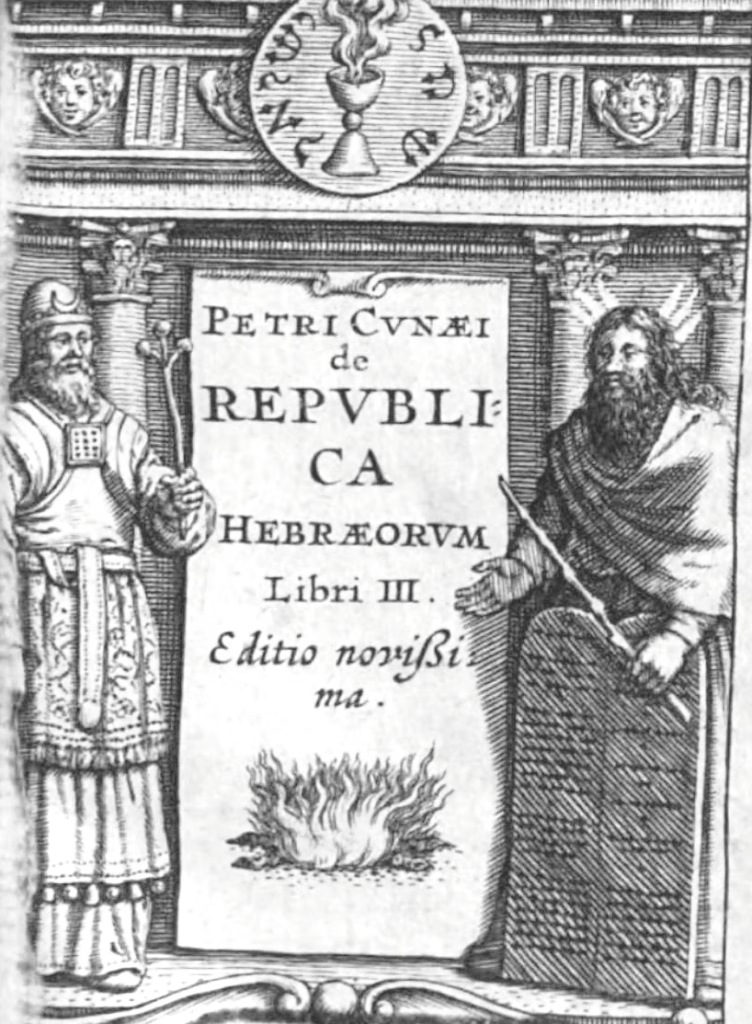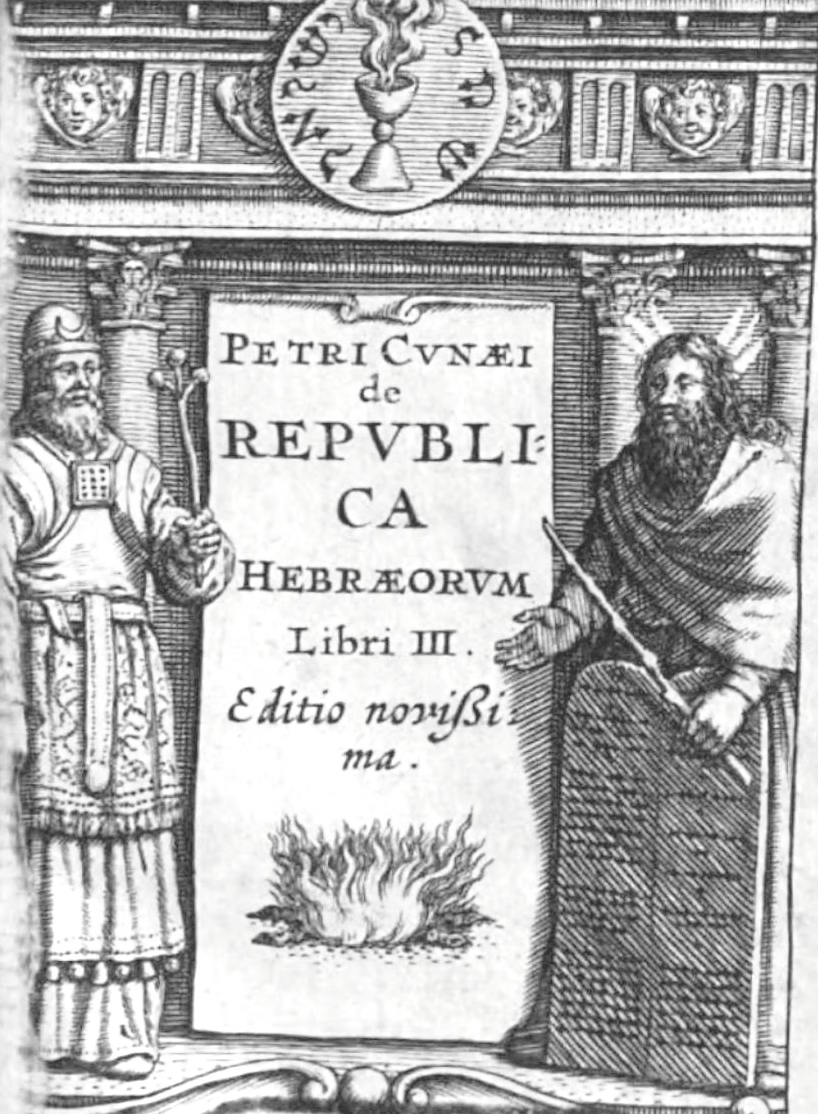Many Biblical interpreters in the Calvinist tradition were influenced by Jewish Kabbalistic methods of interpretation. Among these was Petrus Cunaeus of Leiden whose De Republica Hebraeorum was first published in 1617 defined as “true Cabala” the “mystical sense of those things that are concealed in the sacred books.”

John Sailhamer has an extended treatment of their work in his Introduction to Old Testament Theology, he says:
The names of such Hebraists as Johannes Reuchlin, Johannes Brenz, Johannes Oecolampadius, Paul Fagius, and Sebastian Munster may not be as familiar as those of Luther, Calvin, and Melancthon, but it was these early Hebraists that formed the exegetical and, in many points of detail, biblical theological basis for the work of the Reformers.
Protestant biblical scholarship largely repudiated the central core of Jewish kabbalah which had so fascinated earlier Christians. They had not rejected, however, the basic concept that a divinely intended “mystery” had accompanied the OT text as a form of tradition (kabbalah) which gave its spiritual sense alongside that of the literal meaning. It was in this spiritual meaning that theologians were often able to find references to Christ and the Gospel. Protestant biblical scholars viewed this Christological, spiritual meaning as a form of “true kabbalah (Cabala vera) that had been preserved by Jesus and the NT writers. The Jewish kabbalah, which had been studied and applied to Christian theology by earlier biblical scholars like Reuchlin, they viewed as a “false kabbalah” (Cabala falsa). True kabbalah, however, was understood to be an essential part of the meaning of the OT, and its interpretation played a key role in the development of Protestant biblical theology. To a great extent, this has been an untold story,
